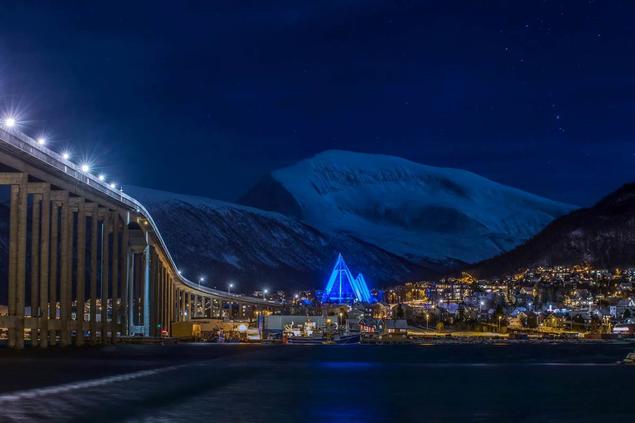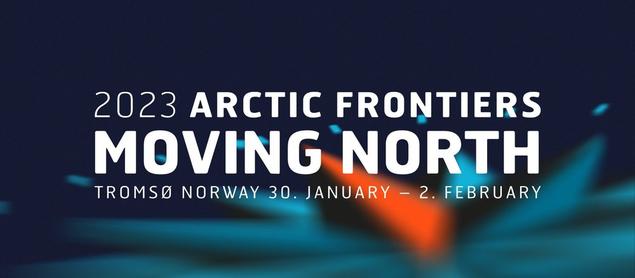FNI prepares for Arctic Frontiers

At the annual Tromsø conference Arctic Frontiers, FNI researchers will discuss the future of Svalbard and the Arctic Council, as well as the local consequences of the current geopolitical situation in the North.
Arctic Frontiers in Tromsø has become a well-established venue for researchers, politicians, bureaucrats, business and local people across national borders in the Arctic. Despite very limited Russian participation this year, the programme is packed with events touching upon recent development.
‘The scientific part of Arctic Frontiers is very significant to us, because researchers can present their findings about Arctic development here. But also the political network dimension is important. Here, politicians and civil servants can talk about recent developments in the Arctic, formally and informally’, explains senior researcher at FNI, Svein Vigeland Rottem. He highlights the importance of the conference locale: ‘It is important that Tromsø gets to shine as the Arctic capital.’
From FNI, senior researcher Andreas Raspotnik is participating as host for the entire conference, as he did last year. Raspotnik’s special fields of expertise are EU Arctic policy and the Arctic Blue Economy.
Senior researcher Svein Vigeland Rottem will organise two sessions. On Monday 30 January, 13:30 – 15:00, he will chair a side-event on Svalbard's future, together with Sea & Arctic director Jan-Gunnar Winther. Norway has an important presence on Svalbard. There has long been a Norwegian mining community there, but when the last mine closes, new business opportunities must be explored on the archipelago. What kinds of new business opportunities should Svalbard pursue?
Rottem and Winther will be joined by a panel consisting of Professor Grete Hovelsrud from Nordlandsforskning, Christian Skottun from Telenor Svalbard, Arild Olsen, who heads the Longyearbyen local council, and Linda Randal from Innovation Norway Arctic.
On Tuesday 31 January from 9:00 to 10:30, Rottem will head a session on the future of the Arctic Council. The Norwegian authorities are intensively preparing for Norway's takeover of the chairmanship of the Arctic Council from Russia, scheduled to take place on 11 May 2023. The Arctic Council is the most important international cooperation forum in the Arctic, but its work was put on hold soon after the Russian invasion of Ukraine in 2022. The other seven Arctic countries have continued to work within the Arctic Council – but is there any point in having an Arctic Council without Russia?
Rottem is Norway's leading expert on the Arctic Council, and in this session he will share the stage with several prominent experts on Arctic politics: Research Professor Elana Rowe from NUPI, Senior Fellow Evan Bloom from the Wilson Center in Washington, DC; Lars-Otto Reiersen, Senior Advisor to the Rector at the University of Tromsо, UiT; researcher Malgorzata Smieszek from UiT; and Professor Whitney Lackenbauer from Trent University in Ontario, Canada.
On Wednesday 1 February, Senior Researcher at FNI Andreas Østhagen will participate in the Norwegian-language side-event on Arctic geopolitics and local consequences, to be held from 19.00 to 20.30. How do international tensions affect towns and local communities in the North of Norway? What role can local and regional authorities play?
The moderator is Gøril Johansen from Pro Tromsø. Participants include Kristina Torbergsen, head of Troms & Finnmark county municipality; Bent-Joacim Bentzen, Deputy Minister of the Norwegian Ministry of Defense; the mayors of Bodø, Tromsø and Porsanger, as well as Sámi Parliament representative Karen Anette Anti.
Organizers are the Fridtjof Nansen Institute, Tromsø Municipality, Troms & Finnmark County Municipality, the Fulbright Arctic Initiative and Arctic Frontiers.

